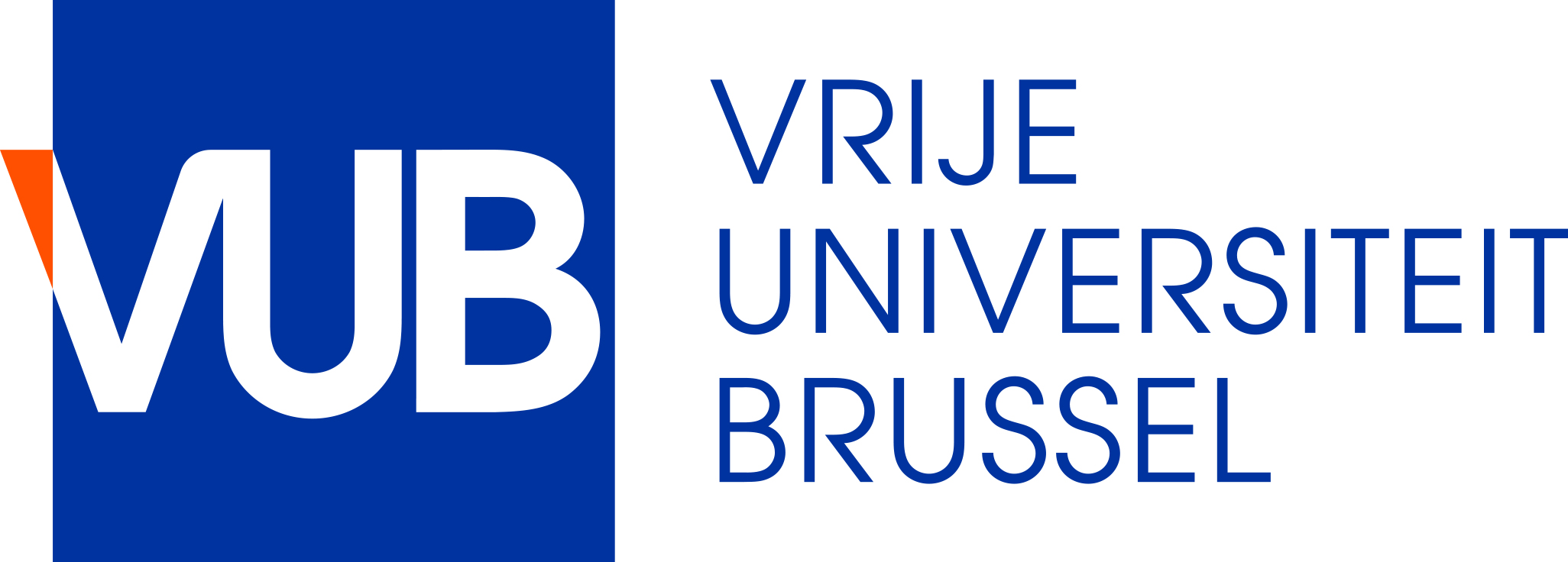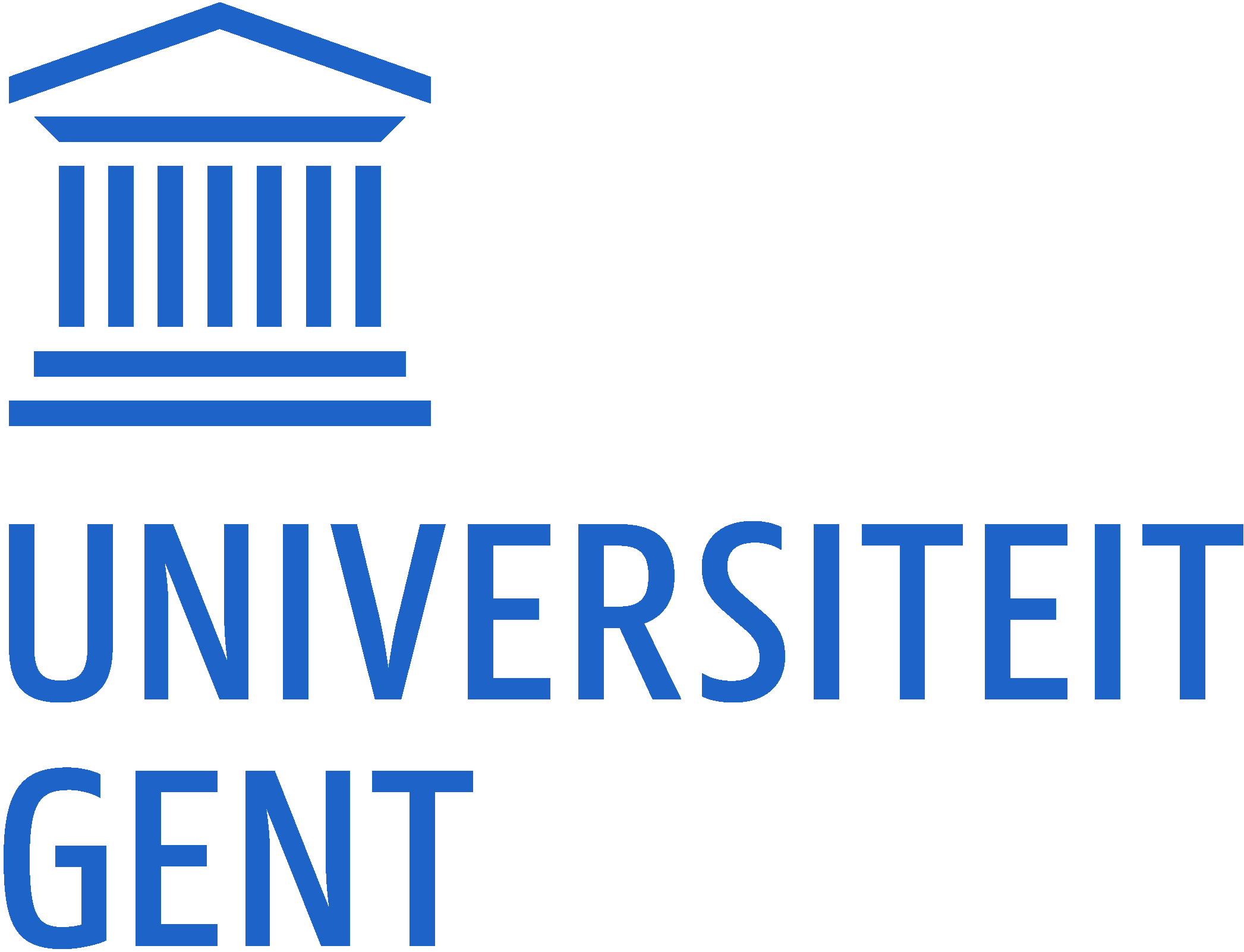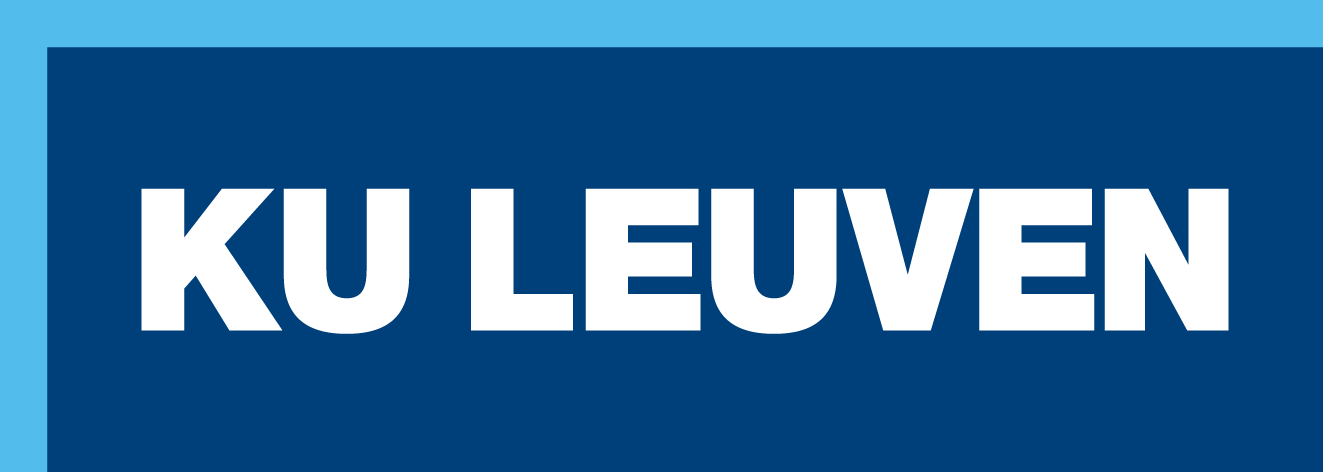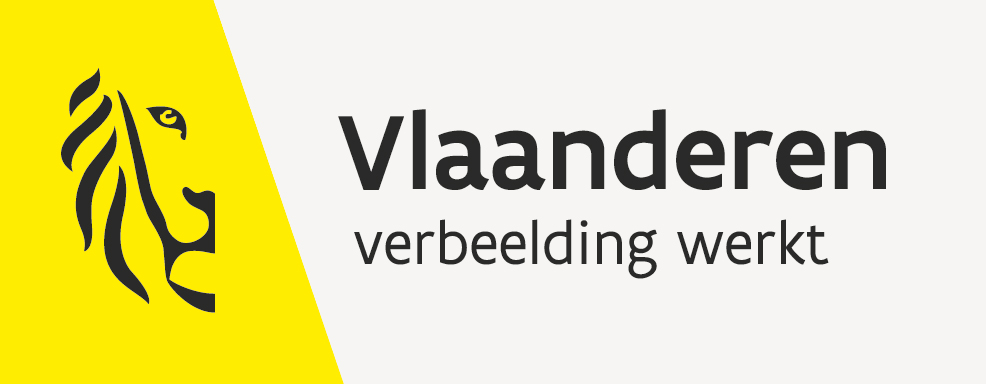Taking advantage of the full residual function of the inner ear: From histology to speech perception, Alicia M Quesnel and Christof Röösli
On Thursday, June 6th we gladly invite you to the “meet the jury” lectures by two internationally renowned clinician-scientists: Prof. Alicia M. Quesnel (Harvard Medical School) & Christof Röösli (University of Zurich).
The lectures will take place at 2 pm in Auditorium BMW2 at Campus Gasthuisberg, Herestraat 49, 3000 Leuven.
This event is open to the public and attendance is free of charge.
Please register before May 31st via this form.
Program:
- 14h00: Welcome & Introduction by Prof. Nicolas Verhaert & Prof. Jan Wouters (ExpORL, KU Leuven)
- 14h15: Translational Insights from Human Otopathology by Alicia M. Quesnel (Harvard Medical School/Mass Eye and Ear)
- 14h45: Bone Conduction – from Theory to Clinic by Christof Röösli (University of Zurich)
- 15h15: Questions & discussion
- 15h30: Closing remarks by Prof. Nicolas Verhaert
Alicia Quesnel – Translational Insights from Human Otopathology
As the goals of cochlear implantation (CI) have moved toward hearing and structure preservation, examination of the human inner ear after implantation has renewed importance. Determining the pathologic and cellular level impacts of cochlear implantation in the human is critical for progress towards developing techniques and technology that preserves cochlear structure and optimizes CI outcomes. In vivo imaging remains limited at the cellular level and thus post-mortem human inner ear specimens from patients who were implanted during life and have available correlative audiologic records provides a way to examine the human inner ear. We will discuss temporal bone pathology (also called otopathology) relevant to CI candidacy and CI performance using newer techniques such as digital microscopy, 3-dimensional reconstructions of cochlear pathology, application of machine learning programs for detailed cellular analyses, and multiplexed immunostaining. I will focus on recent and ongoing studies including refinement of a machine learning program for spiral ganglion neuron (SGN) quantification, pathology in cochlear anomalies relevant to CI, and etiology of delayed acoustic hearing loss after cochlear implantation.
About Alicia M. Quesnel
Prof. Alicia Quesnel is assistant professor at Harvard Medical School and director of the Otopathology Laboratory, which houses one of the world’s largest human temporal bone collections. Her research focuses on otopathology in hereditary hearing loss, otosclerosis, and the translation of otopathology to cochlear implant candidacy and performance. Dr. Alicia Quesnel is an otologist and neurotologist at Mass Eye and Ear (Boston, USA). Her clinical practice focuses on otosclerosis, cochlear implants, chronic ear disease, and skull base surgeries. She has been an avid proponent of endoscopic ear surgical techniques.
Christof Röösli – Bone Conduction – from Theory to Clinic
Bone conduction (BC) is an alternative to air conduction hearing. Several pathways of how sound travels from the site of stimulation to the cochlea exist and interact, but are poorly understood. In order to improve BC hearing aid for our patients, we need to better understand the mechanism of BC induced sound transmission. The relevance of experimental findings for clinical practice will be discussed.
About Christof Röösli
Prof. Christof Röösli is a professor at the Department of Oto-rhinolaryngology, Head and Neck Surgery at the University of Zurich. His research interests include bone conduction hearing – both basic and clinical research, cochlear implants, vestibular schwannoma, and middle ear mechanics. Dr. Christof Röösli is a faculty at the Universitätsspital Zürich (Zurich, Switzerland) where he works as an otologist and neurotologist. His clinical interests are in otology, cochlear implants, and skull base surgery.
We look forward to welcoming you in Leuven !
Alexander Geerardyn (alexander<dot>geerardyn<at>kuleuven<dot>be
Prof. Nicolas Verhaert
Prof. Jan Wouters
PRAKTISCHE INFO
-
DATUM06 juni, 2024
-
LOCATIE
 O&N2
O&N2
Herestraat 49
3000 Leuven
Auditorium BMW 2 MTJ: Alicia M Quesnel and Christof Röösli -
DOELGROEPPhD postdoc ZAP
-
TAAL EVENEMENTENGELS




